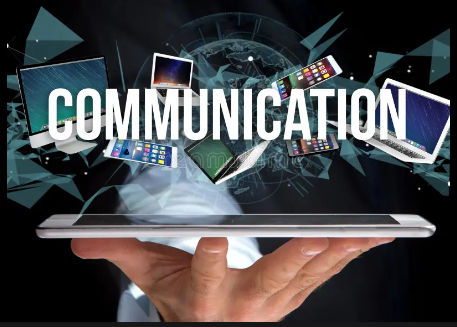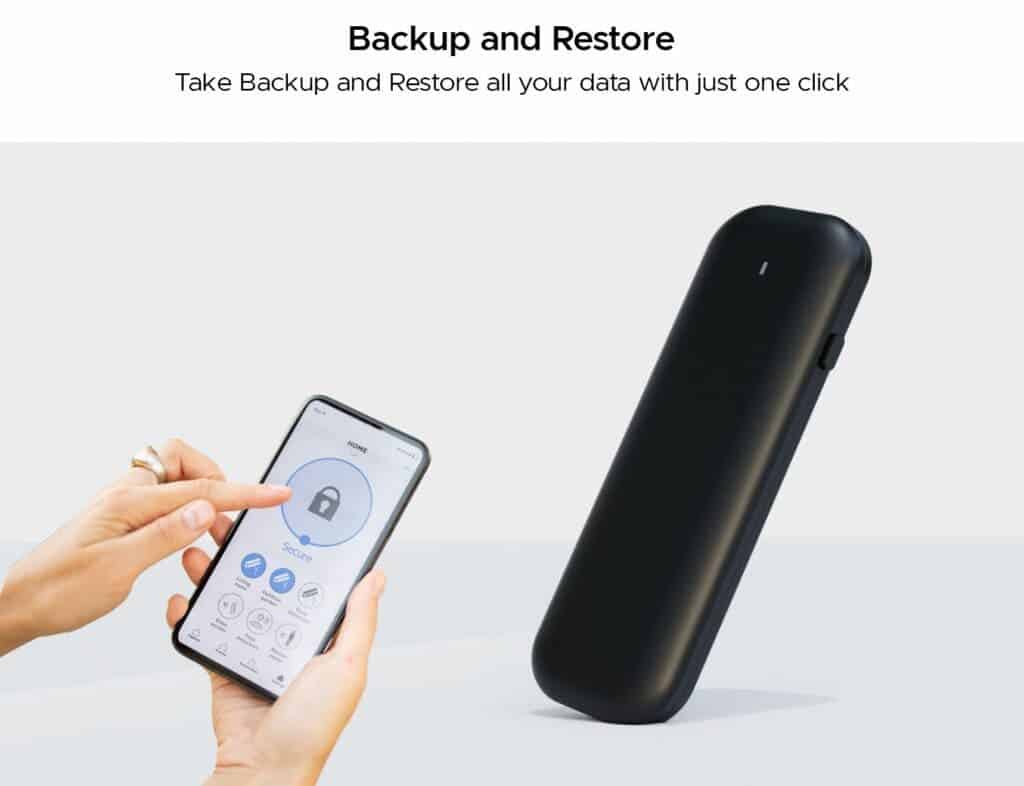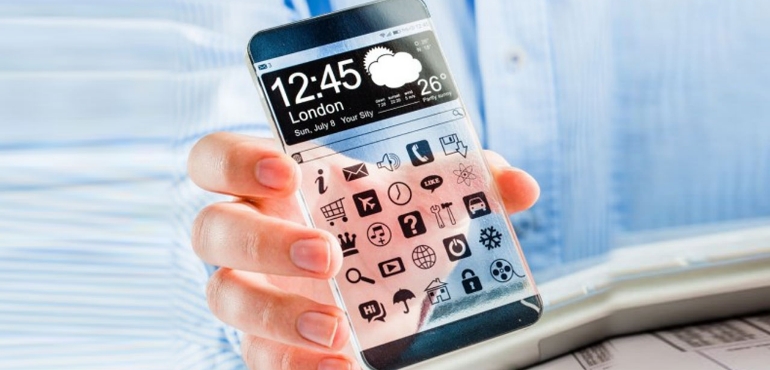Telecommunication World: Connecting People Easily
Telecommunication is like a magic thread that connects us, changing how we live. This technology keeps evolving and has a big impact. Let’s see how it works. It helps trade between countries and lets us learn online from anywhere by using internet. It’s even used for talking to doctors from far away, so everyone can get medical help. Social media lets us make friends and share, no matter where we are by connecting to phones everyone can easily communicate. Plus, it makes the economy stronger by getting investments and creating tech jobs. This magic thread, telecommunication, is making our world smaller and better.

A Quick Look at Telecommunication’s History
Telecommunication started way back when people used things like smoke signals and drums to send messages across long distances. But the big change happened in the 1830s when Samuel Morse made the telegraph. This let messages travel fast through wires and set the stage for what we have today.
https://en.wikipedia.org/wiki/History_of_telecommunication
Then Came the Telephone
In the late 1800s, we got the telephone, which let us talk to each other far away. Alexander Graham Bell made it in 1876, and soon, phone lines connected cities and countries, making global communication possible.
The Wireless Leap
In the early 1900s, we went wireless. Guglielmo Marconi sent radio waves across the ocean in 1901. Radios became common, giving us news and fun. Wireless telegraphy helped ships communicate and save lives at sea.

Digital Takes Over
In the later part of the 1900s, we switched to digital. Computers and new tech made communication better. We replaced old copper wires with super-fast fiber-optic cables.
Internet and Mobile Phones Change Everything
The late 1900s brought us the internet and mobile phones. Tim Berners-Lee made the World Wide Web in 1991, and it changed how we get information. First, mobiles were big, but they got smaller and turned into smartphones. This changed our lives a lot.
High-Speed Data Rules
In the 2000s, we got even faster internet with 3G, 4G, and now 5G. These let us communicate even faster and do cool things like using smart devices and virtual reality. Our world is more connected than ever with billions of people and gadgets online.
A Long Time Ago: Talking Drums and Smoke Signals
Before phones and computers, people found clever ways to send messages across big distances. They used drums, smoke signals, and even flags to talk to each other.

1. The Amazing Invention of the Telephone
In the late 1800s, a brilliant man named Alexander Graham Bell created the telephone. This was a game-changer because it let us talk to someone who was really far away just by picking up a special machine.
2. No Wires Needed: Wireless Communication
Imagine talking to someone without any wires. That’s what happened in the early 1900s when Guglielmo Marconi sent messages using radio waves. Radios became popular, and people could listen to music and news from far away.
3. Computers and Digital Magic
As time went on, computers became a big deal. They helped make communication faster and more reliable. We also switched from old-fashioned wires to super-fast fiber-optic cables.

4. Hello, Internet and Cell Phones
The internet came along in the 1990s, making it easy to find information and talk to people all over the world. Cell phones, which used to be bulky, became small and smart. Now, we can do more than just talk on them. We can send messages, watch videos, and play games.

5. Speedy Data and the Future
In the 2000s, we got even faster ways to connect called 3G, 4G, and 5G. Consequently, they’re like superhighways for information. Consequently, we can use them for things like smart cars, smart homes, and cool virtual reality.
How It Changes Our Lives
Telecommunication does more than help us chat with friends. It changes the world in these cool ways:
1. World Get Smaller: Globalization
It helps businesses work with other countries, and it helps us make friends from all over the planet.
2. Learning Online: Education
We can study and learn online, making schoolwork easier for many people.

3. Doctor in Your Pocket: Telemedicine
You can see a doctor on your computer or phone, which is super helpful, especially if you can’t get to a doctor’s office.
4. Facebook, Instagram, and More: Social Media
These apps help us share stories, pictures, and videos with our friends, no matter where they live.
5. Jobs and Money: Economic Growth
Telecommunication brings in lots of money and creates jobs for people who work with technology.
Challenges and What’s Next
Telecommunication has some problems too, like privacy worries and making sure everyone can use it. In the future, we might see even faster and cooler tech like quantum communication and 6G networks. Plus, machines will help make things work even better.
Impact on Society
The way we live and work has been greatly changed by telecommunication. Here’s how:
Globalization: Telecommunication has made it easier for businesses to work with other countries and for people to connect with each other across the world.
Education: Learning online has become a big thing thanks to telecommunication. Now, people from all over the world can access knowledge easily.
Healthcare: Telemedicine allows patients to talk to doctors without going to the hospital. This helps people, especially in areas where healthcare is not easy to get.
Social Interaction: Social media has changed how we make friends and share things. It doesn’t matter where you live; you can connect with anyone.
Economic Growth: Building telecommunication stuff like networks and phones helps the economy. It makes tech companies grow, and they create more jobs.
Advantages And Disadvantages
Benefits:
- Better Talking: Telecommunications helps us talk with people far away quickly. It’s like talking on the phone but even farther.
- Worldwide Friends: It helps businesses and people work together from different countries. This makes our world economy stronger.
- Learning Everywhere: Telecommunications lets us learn on the internet from anywhere. It doesn’t matter if you’re in a different country; you can still learn.
- Doctor Far Away: You can talk to a doctor on the computer or phone. This helps people who can’t easily go to the doctor.
- Quick Info Sharing: It makes sharing information very fast, helping businesses and people do their jobs better.
- Help in Emergencies: If something bad happens, you can quickly call for help on the phone.
- Stay Friends Online: Social media helps us stay friends and share things online, even if we’re far apart.
- New Gadgets: Telecommunications leads to cool new gadgets and technology.
Disadvantages:
- Not Safe: Sometimes, bad people can hack into telecommunications and steal our private information.
- Not Fair for All: Not everyone has good access to telecommunications, so some people can’t learn or work as easily.
- Too Dependent: We rely a lot on telecommunications, so if it stops working, it can cause big problems.
- Health Worries: Some people worry that using phones too much might be bad for our health.
- Less Face Time: While we talk online, we might not see our friends and family in person as much.
- Online Bullying and Lies: People can be mean online and spread false information.
- Changing Jobs: As more jobs move online, some older jobs might go away.
- Harming the Environment: The things we need for telecommunications use a lot of energy, which can hurt the environment.
In short, telecommunications helps us in many ways, but it also has some problems we need to be careful about.
Conclusion
Telecommunication is like magic that keeps us connected to the world. It’s come a long way from old drums and smoke signals. As it gets even better, it will change our world in amazing ways, helping us talk, learn, and have fun with people all over the globe.
